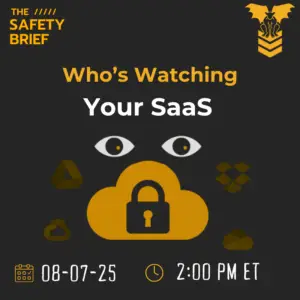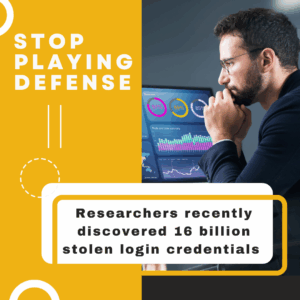 Since 2011, a company called SplashDash has posted a “Worst Password List” based on data mined from hacks and data breaches. What’s remarkable about the annual list is how little it changes from one year to the next. In the age of weekly, high profile hacks, in the age of rampant identity theft, one would think that it would start to be apparent how important choosing passwords might be. Making passwords more robust, harder to guess and ultimately harder to crack is part of basic computer security.
Since 2011, a company called SplashDash has posted a “Worst Password List” based on data mined from hacks and data breaches. What’s remarkable about the annual list is how little it changes from one year to the next. In the age of weekly, high profile hacks, in the age of rampant identity theft, one would think that it would start to be apparent how important choosing passwords might be. Making passwords more robust, harder to guess and ultimately harder to crack is part of basic computer security.
By now, everyone should understand the importance of data security. The simple fact of the matter is that your passwords are your first line of defense against having your identity stolen or your data breached. It’s not the only defense, obviously, but if you fail in this regard, by having a password that is easily guessed, then the rest of the defenses you have deployed are largely meaningless. In simple terms, a well-chosen, robust password is the best chance you’ve got of protecting yourself from hacking attacks.
So what are the worst passwords on the planet? The list is as follows, and if you’re currently using any of these, or even anything closely resembling these, you should stop immediately. Keep using them, and it’s just a matter of time before you pay the price for it. Here they are:
• 123456
• Password
• 12345678
• Qwerty
• 12345
• 123456789
• Football
• 1234
• 1234567
• Baseball
• Welcome
• 1234567890
• Abc123
• 111111
• 1qaz2wsx
• Dragon
• Master
• Monkey
• Letmein
• Login
• Princess
• Qwertyuiop
• Solo
• Passw0rd
• Starwars
So having outlined the worst of the worst, what constitutes a “good” password? It’s a fair question. The answer is that your password should be long (a minimum of 12 characters), random, and containing a mix of character types, including upper case, lower case, numbers and special characters. Finally, it should be changed regularly – preferably every thirty days for maximum security.
Yes, it’s a pain, but the consequences of doing less are vastly more painful. Is your current password on the list above?




